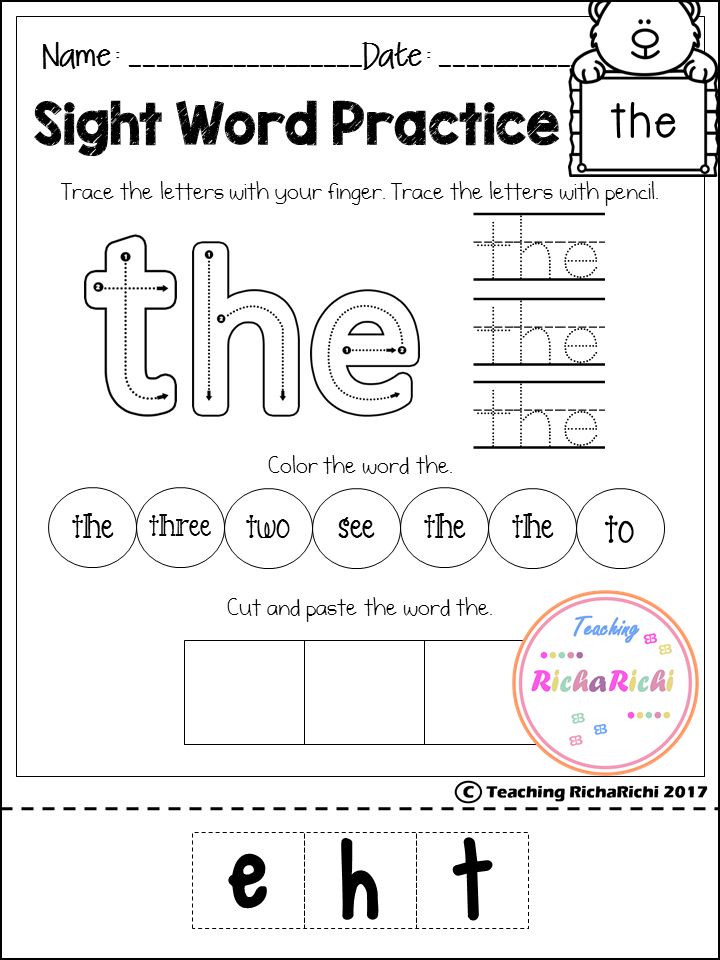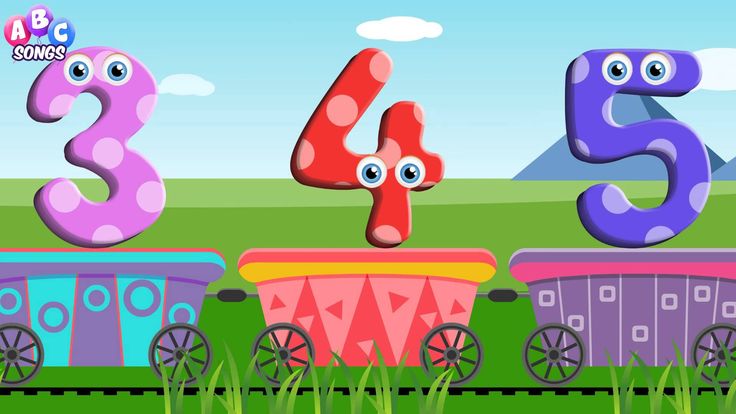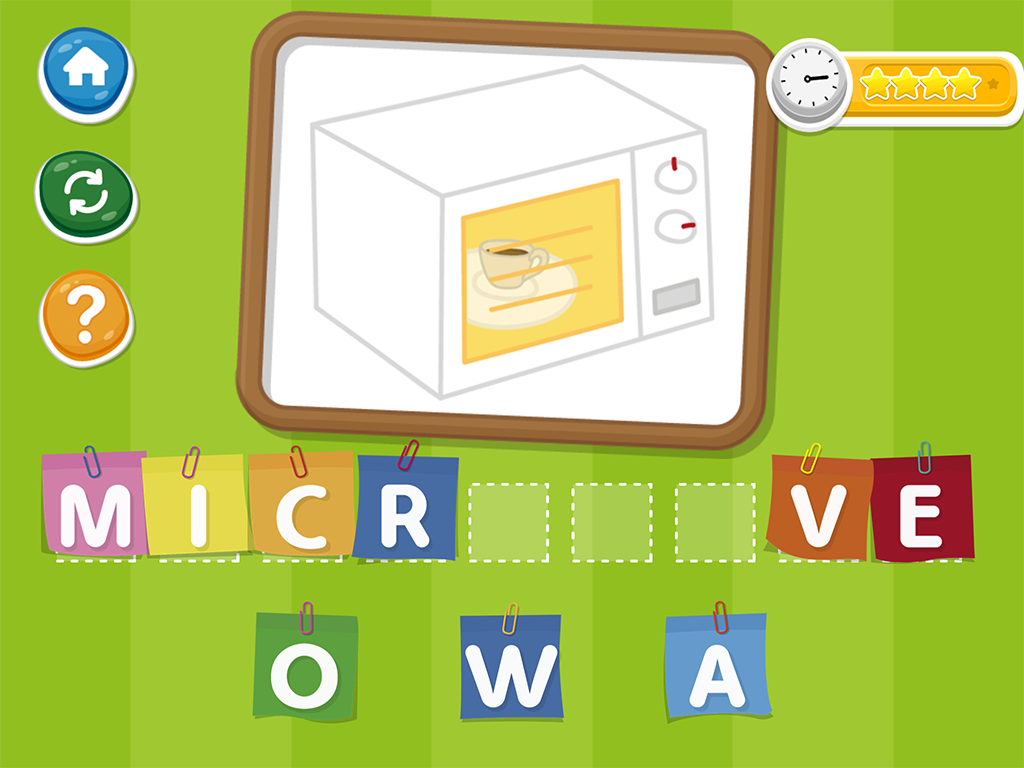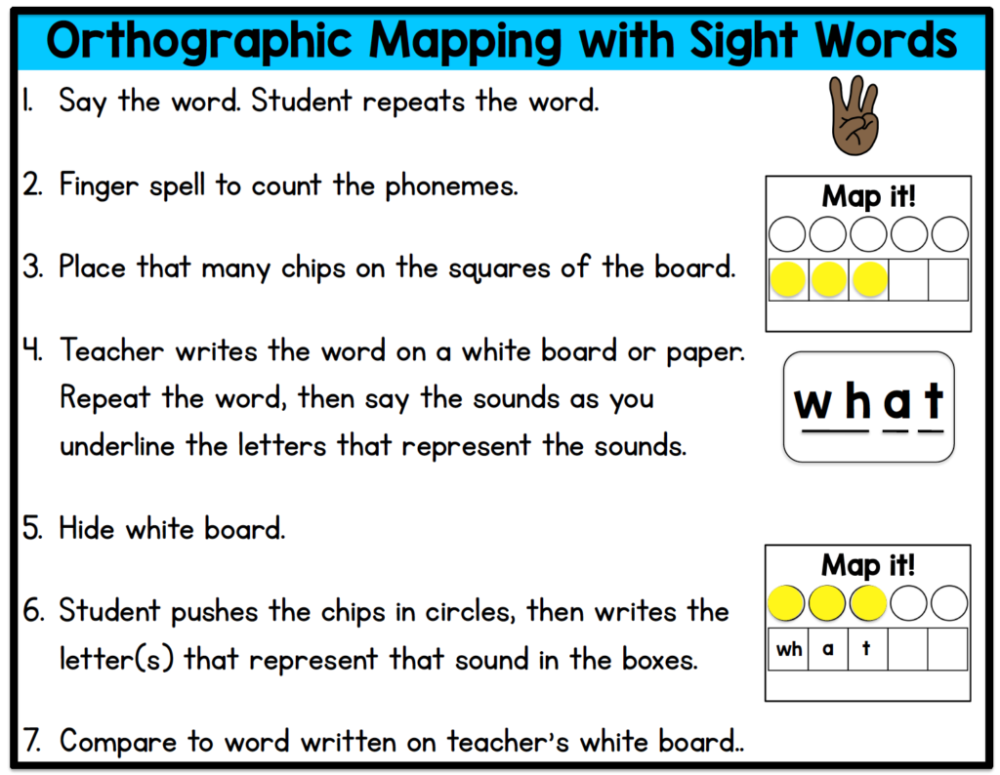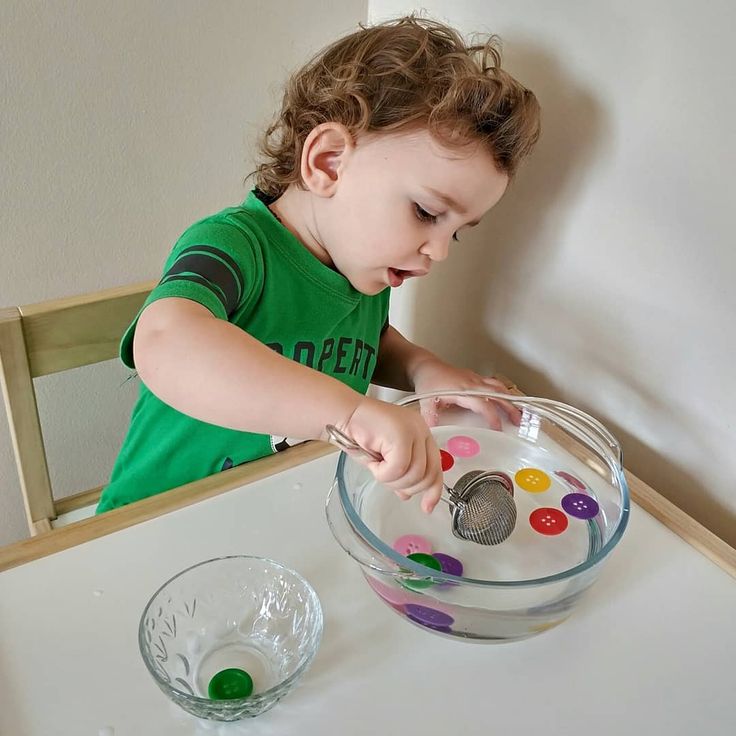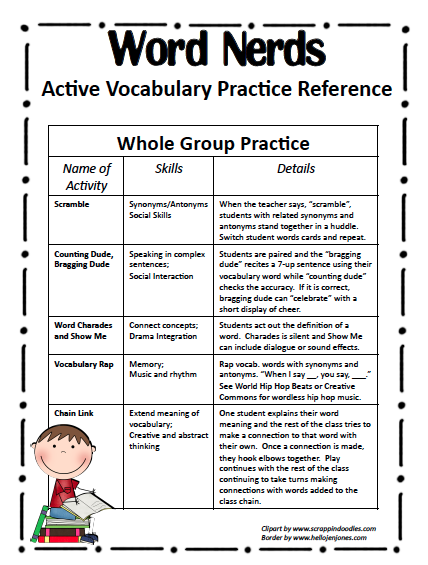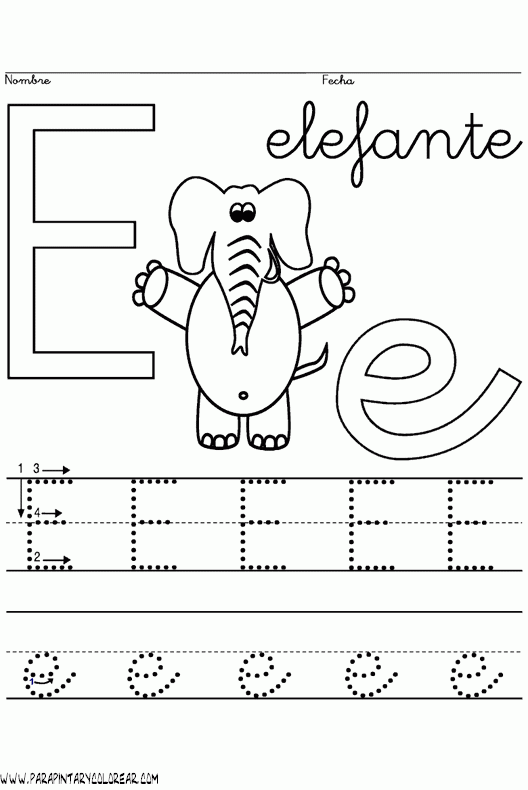Ways to practice sight words at home
17 Ways to Practice Sight Words at Home (that don't involve flash cards)
Parenting
This post may contain affiliate links. Purchasing through them helps support this website. This post may also contain items gifted for consideration.
Do you want to know how to help your child practice their sight words without hours of flashcards? Here are 17 FUN ways to practice sight words (that will leave you with time to play)!
Last school year, a whole bunch of my friends kids started kindergarten. For the first time in my many years of teaching……my personal and my professional lives mirrored each other. I'd never had friends with elementary school age kids until then!
Three different friends at three different schools? All texted me the EXACT same question within the first couple days of school.
WHAT IS THIS SIGHT WORDS THING?!?!
There are two major parts of learning to read. Putting sounds together (phonics and phonemic awareness) and memorizing sight words. Sights words are commonly used words (like the or and) that appear very frequently in early reading materials. They also (for the most part) can't be sounded out. So, kindergarten and first grade teachers…..ask families to help kids memorize them. Sight words (sometimes referred to as rainbow words) are divided into smaller groups of 8-10 words at a time. Kids are often tested on the words each week, as they pass each “set” of words…..they'll be given a new list (this is a great list of words that are generally expected for each grade level, but I'd ask each teacher if they divide them into a certain order).
So, how in the world can YOU help your child learn these sight words? Today I'm sharing 17 ways to practice sight words at home that don't involve boring drill and kill flashcards.
- Word of the Day: tape one or two words written on an index card next to the front door, as EVERYONE in the family leaves or enters the house…..ask them to touch the word and yell it out.
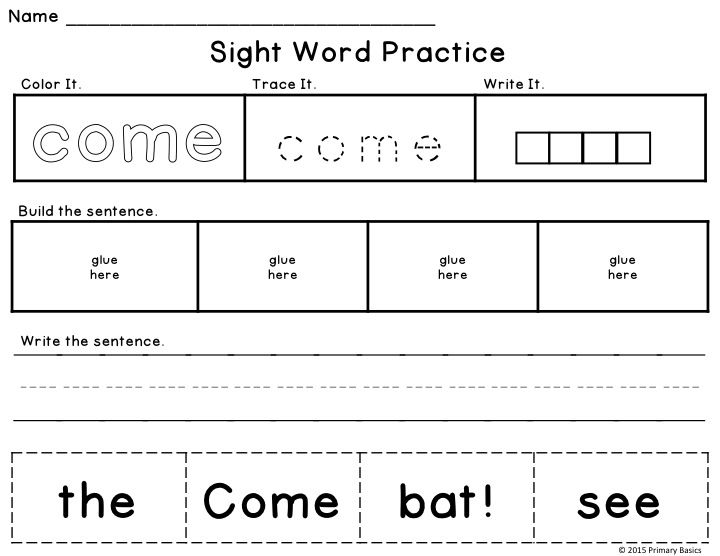
- Jump to Read: write the words your child is practicing in chalk outside, spend five to ten minutes a day jumping from word to word and calling them out.
- Eat the Words: write this weeks' sight words in whipped cream or frosting, eat one word treat a day (after reading it of course).
- Spell Them Out: Use alphabet pasta (dry) to spell out each word (glue them onto a piece of cardstock for future practicing).
- Concentration: Play concentration with matching sets of sight word cards.
- Bath Time: Write words in the bathtub with bath crayons.
- Shaving Cream: Spread shaving cream onto a plastic tray and write the words with your finger
- Tic Tac Toe: Play tic tac toe (using two sight words instead of x and o).
- Magnets: Build sight words each day with letter magnets on the fridge.
- Sight Word Search: Hide two or three sight words around the house (written on a post it). Have your child find them (each day hide them in a new place).

- Note of the Day: Each day write your child a short note (1-3 sentences). Include the words they are practicing. Ask them to circle those words in crayon(bonus points for letting them use their favorite color).
- Use alphabet cookie cutters and playdough to spell out the words.
- Put letters onto a set of legos and BUILD the words.
- Catch: Use a sharpie to write each word from your child's current set on different parts of a beach ball. Toss the ball back and forth, yelling out the words that face up each time.
- Roll the Die: Create a set of die (large size) with a word on each face. Roll and read.
- Memory: create pairs of sight words and play memory.
- Sight Word Detective: look for focus words in your favorite story each night.
Better than flashcards right? Sight words are all about repetition, so it's a lot better to make it fun.
Looking for more school tips?
Check out: // How to Prepare for Kindergarten / Back to School:Tips for Making the First Day Easy//
Do you have more questions about learning to read? Leave them in the comments for me!
teacher to parents
Easy Peasy Ways to Practice Sight Words at Home
Share
162 shares
You guys, I’m not going to lie… this working, teaching, and generally “staying at home” thing is killing me.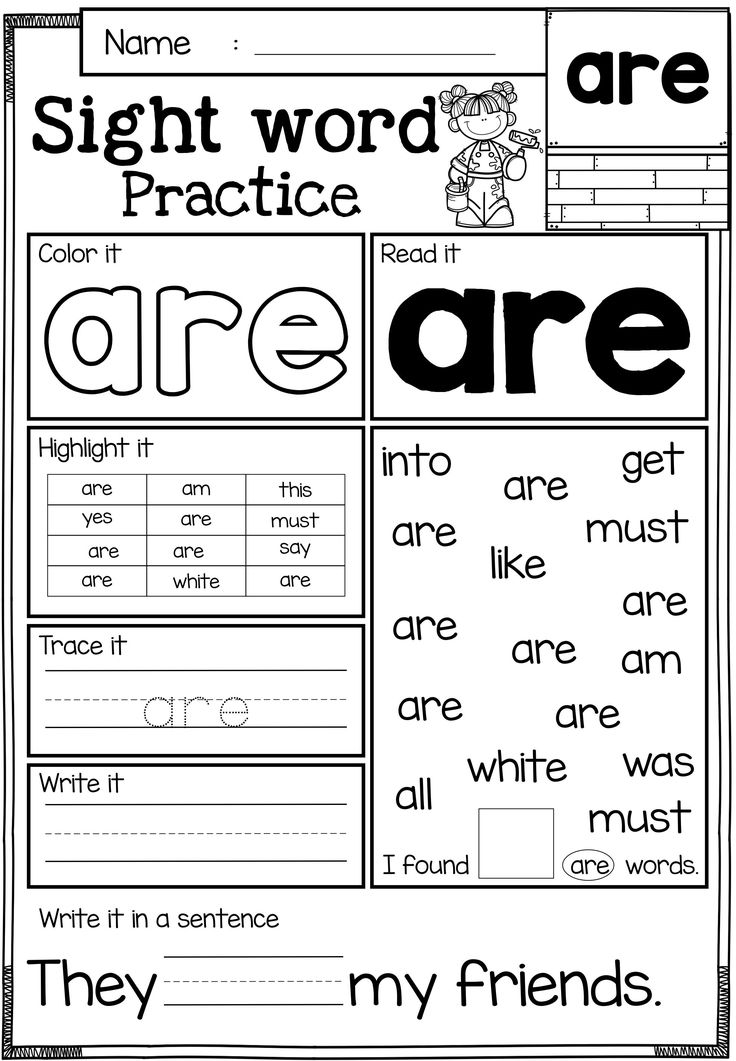 I love teaching. It is in my blood (literally, my grandfather was a teacher and so are quite a few of my cousins!) But, homeschooling my son these past few weeks have been hard. We’ve got a great routine set up, but sometimes there’s only so many fun and engaging activities one person can come up with. That’s why when it comes to practice sight words at home… I am all about low commitment. It’s gotta be easy or it isn’t going to happen, am-I-right? So, today I’m sharing 5 different ways we’re practicing sight words at home in very easy-peasy ways.
I love teaching. It is in my blood (literally, my grandfather was a teacher and so are quite a few of my cousins!) But, homeschooling my son these past few weeks have been hard. We’ve got a great routine set up, but sometimes there’s only so many fun and engaging activities one person can come up with. That’s why when it comes to practice sight words at home… I am all about low commitment. It’s gotta be easy or it isn’t going to happen, am-I-right? So, today I’m sharing 5 different ways we’re practicing sight words at home in very easy-peasy ways.
These suggestions are for activities that can be done at home, but many can be used in the classroom. Looking for more sight word ideas? Check out this post for more classroom ideas!
Set Up for Success
Before you can dive into practicing sight words at home, you need to make sure you have a list of required sight words for your student. Many school districts post this information on their web pages.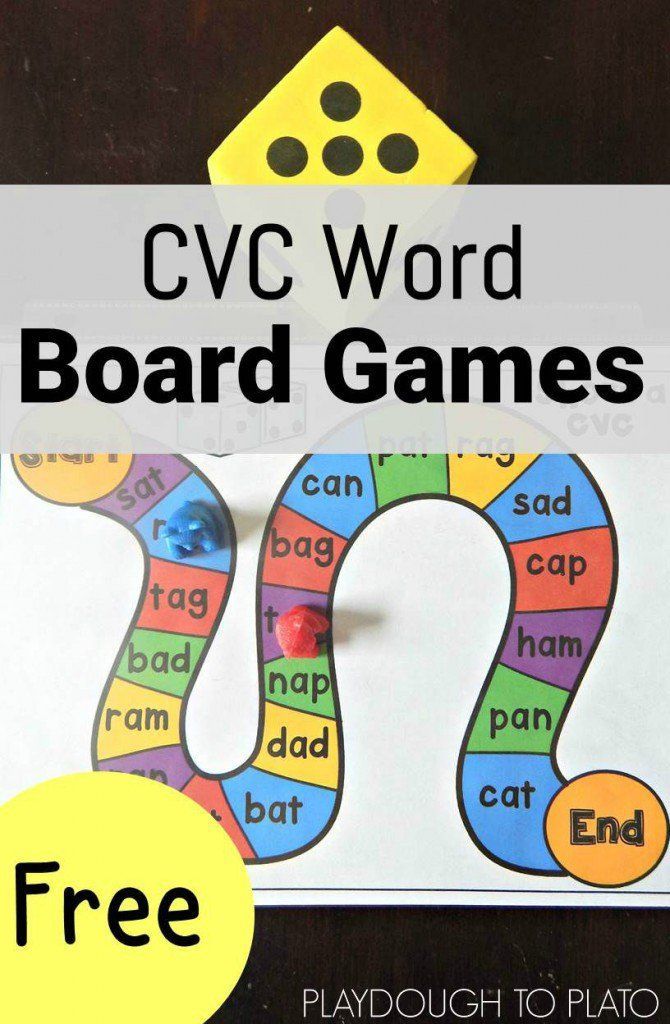 You can also contact your child’s teacher. If you’re still not sure, there are lists available from Fry and Dolch (these are the most common)
You can also contact your child’s teacher. If you’re still not sure, there are lists available from Fry and Dolch (these are the most common)
Now that you have your list, it’s time to make some flashcards. These babies are very simple to make. Index cards and a marker are all you need. You could even get a little fancier by changing the color of the marker for each list (if your list is sectioned). Then, place the lists in quart size zip baggies and place all those into a gallon-sized baggie.
But, let’s be honest… the word of the game: keep it simple.
Looking for more resources to use while distance learning? Check out this section of my Amazon Store!
Activities to Practice Sight Words with Flash Cards
Sight Word Memory
This is a personal favorite of my son. So simple… select 5-10 sight word cards. Create a double of each word. Then, mix up the cards and lay them down in neat rows and columns. From there, taking turns, select two cards to turn over.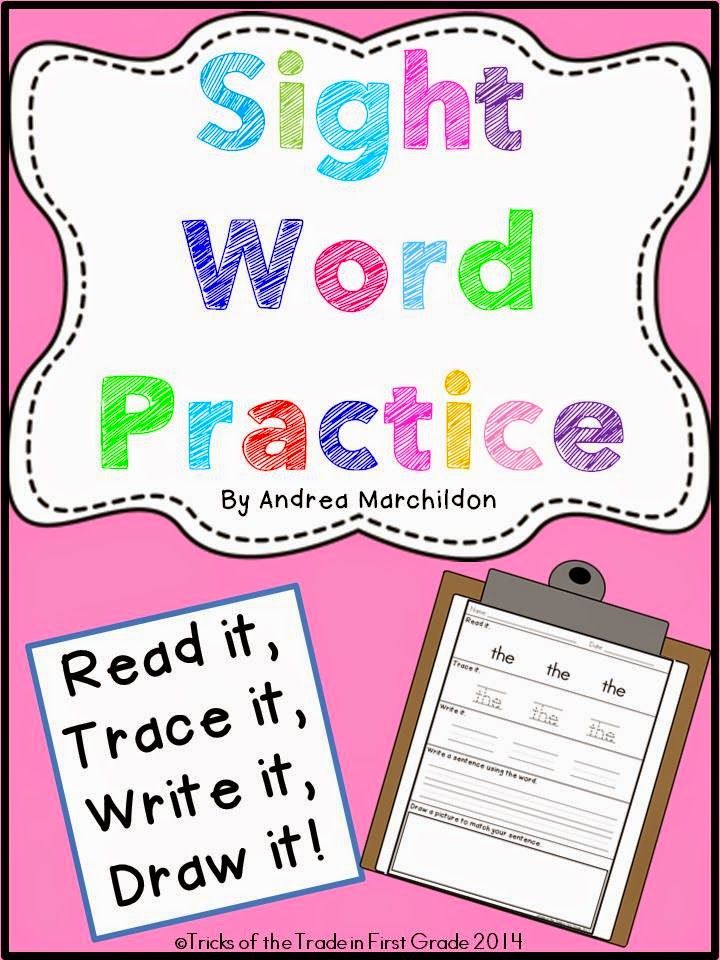 Have your student read each word pair. If they match, they get to keep the pair. If they don’t, turn the cards back face down. Play until all cards are matched. My son loves to read all his matches at the end.
Have your student read each word pair. If they match, they get to keep the pair. If they don’t, turn the cards back face down. Play until all cards are matched. My son loves to read all his matches at the end.
“I Spy” Sight Words
This is a fun play on the classic “I Spy” game. To complete, lay 10-15 cards down face up. Then, describe a word that’s on the card, using the words, “I spy…”. For example, for the word America, you might say, “I spy a word that begins with a capital letter A”. Play until the word is guessed. Have your child point to the word, then read the sight word and keep it if it’s correct. Play until all the cards are collected. Don’t forget to read through the cards at the end.
Sight Word Scavenger Hunt
This version of a scavenger hunt is perfect for when the littles need to get up and moving.
To play, tape up 15-20 sight words around your house. ( I like to limit it to 2-3 rooms) Then, have your child walk around and “find” the words.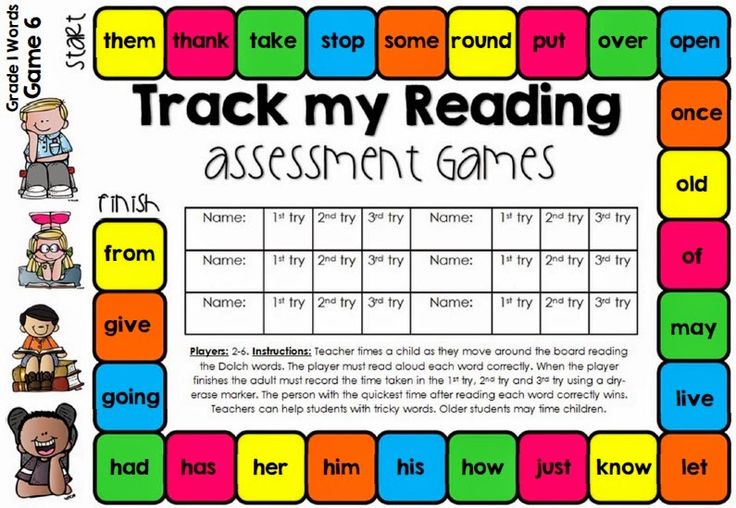 When they find them, have them say the word and collect the card. Play until all the cards are collected. Review the words at the end.
When they find them, have them say the word and collect the card. Play until all the cards are collected. Review the words at the end.
For an easy extension, have your child select 4 words and write them in a sentence on a sheet of paper or in a sight word journal.
I know sometimes pulling out the sight word flashcards can be a little much, that’s why I’m sharing a few activities you can play without actual cards.
Activities to Practice Sight Words without Flashcards
Sight Word Hunt
As students’ abilities in reading grow, they are excited to see words they “know” in text. After reading a book, have your student go on a “sight word” hunt for specific words. Once they find the word, students can read the sentence it belongs to. Alternatively, you can have students keep a tab of the words they’ve found by writing them on a sheet of paper or in a sight word journal.
Remember, this game is about finding the sight words, so it’s ok if they can’t read the book they are using on their own.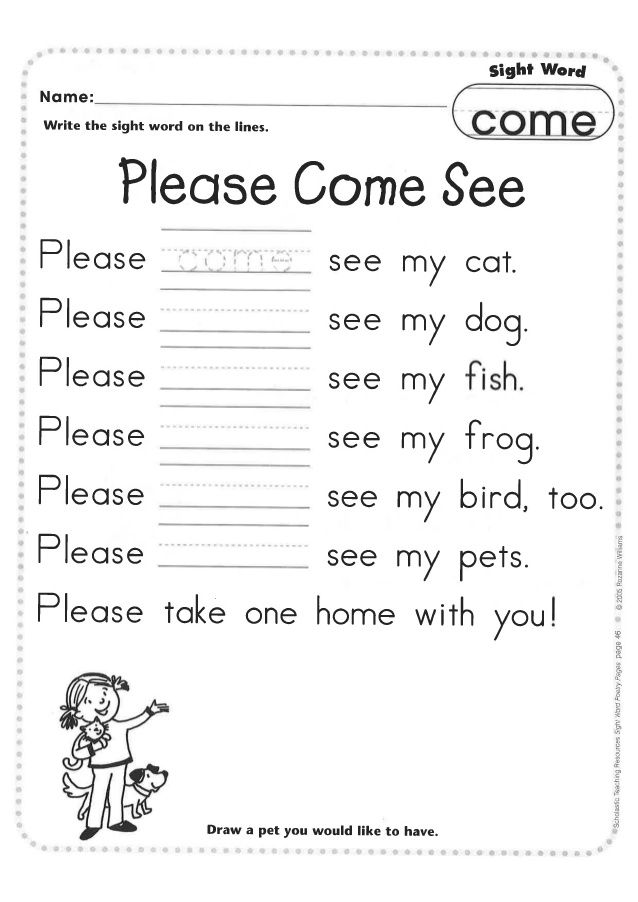 Be sure to encourage your reader as they move through. Also, keep length in mind… too long and your child will lose interest. One to two pages is probably enough or when they’ve found about 10-15 words.
Be sure to encourage your reader as they move through. Also, keep length in mind… too long and your child will lose interest. One to two pages is probably enough or when they’ve found about 10-15 words.
Read, Spell, Read, Spell, Read
This last one is a great way to not only practice sight words, but it’s also a way to help students how to spell sight words. Many sight words are not easy to “sound out”, leaving students struggling when it comes to using them in their writings. This simple strategy helps to combat that by including a letter by letter practice part.
To complete, students need a piece of paper and a pencil. Then, say the word for the student. Have them say it back, then spell the word out loud. As you spell it, the student will write it out. Then, have them read it again (swooping their finger below the word) and then spell it letter by letter again. Repeat this until it has been read and spelled three times. Continue to the next word.
This strategy is effective, but can easily be overused and tire out the learner.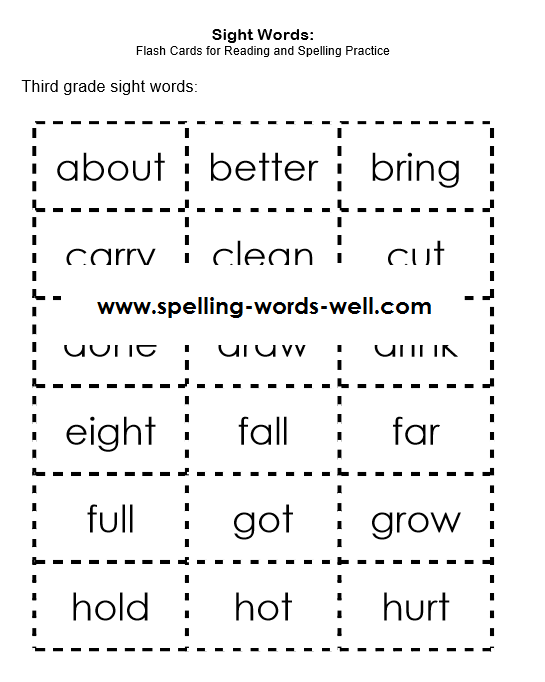 Keep this activity short with reading and saying only 3-4 sight words in a session.
Keep this activity short with reading and saying only 3-4 sight words in a session.
So those are just a few super low commitment ways you can continue the learning while staying safe at home. Sight word practice while at home is an important part of helping our learners stay on track. Do you have another activity you’d like to share? Be sure to comment below!
Other Helpful Blog Post
Looking for more helpful ideas? Check out these posts below!
- Building Sight Word Fluency the Easy-Peasy Way
- Beginning Chapter Books for 2nd Grade
- Prefix Word Study
Sign up to snag these!
Receive all these classroom management tools right to your inbox!
First Name
Email Address
We use this field to detect spam bots. If you fill this in, you will be marked as a spammer.
Powered by ConvertKitShare
162 shares
12 ways to expand your vocabulary and start speaking beautifully
September 2Education
"Just reading more" won't help.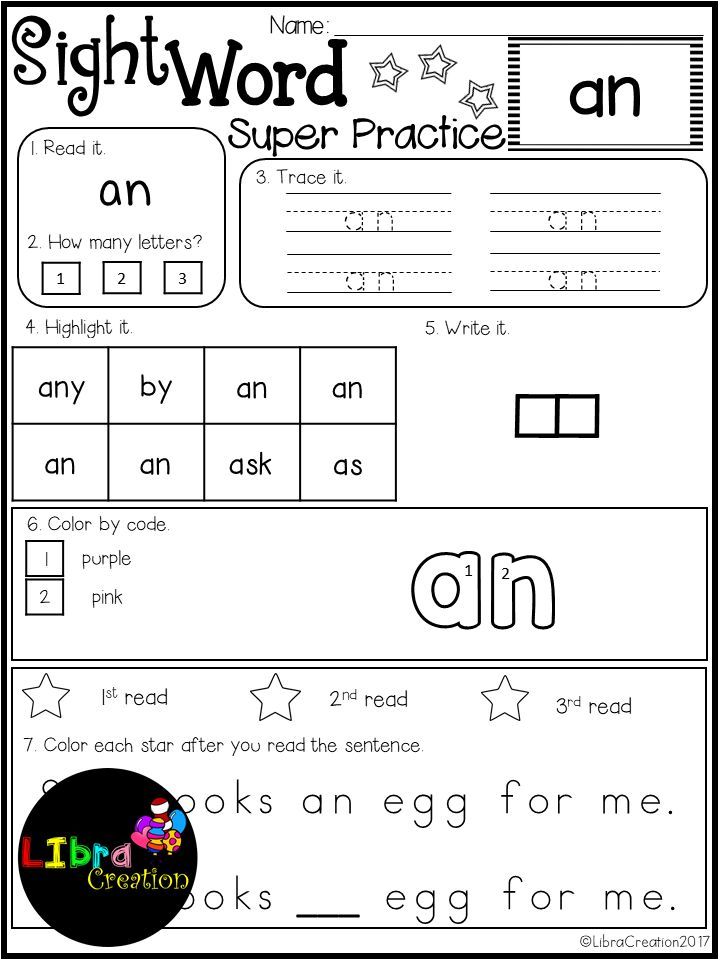
Share
0You can listen to the article. If it's more convenient for you, turn on the podcast.
1. Get rid of parasitic words
Make room for new expressions. Eliminate “uh”, “well”, “how to”, “this is the most” and the like, as well as obscene language and clichés, from your speech. Send overly capacious expressions to them, like “real”, “fuck” and “cool”.
The trouble with them is that they can replace a significant part of the lexicon and make speech poor.
Notice unwanted words behind you. Record your own speech on a camera or voice recorder, imagine that you are at an interview or presentation. Reread your social media posts.
Analyze all this and write down the words and expressions that you want to get rid of. Share this list with a friend or colleague, ask him to pull you up every time he hears forbidden vocabulary.
2. Add variety to your reading
Logically, in order to know more words, you need to read more.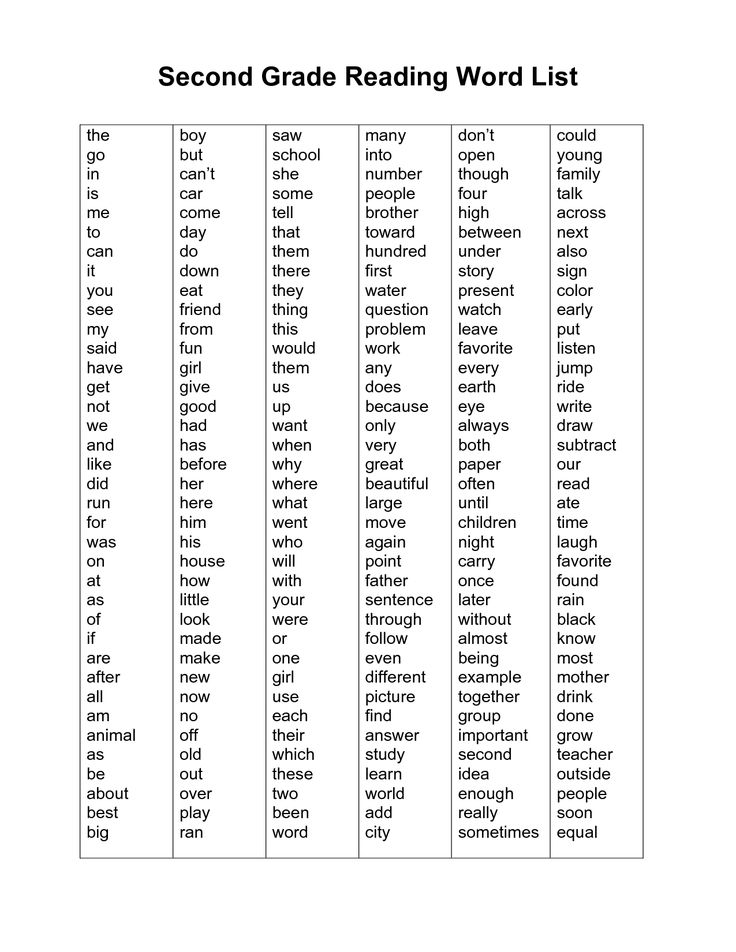 But do not cling only to high literature. Flip through low-brow novels, scroll through social media posts, blogs from people you don't know, and magazines that don't suit your interests.
But do not cling only to high literature. Flip through low-brow novels, scroll through social media posts, blogs from people you don't know, and magazines that don't suit your interests.
You should know equally well what "indifferent", "emancipation" and "simulacrum" means and what "hype", "crowdfunding" and "punchline" are.
3. Learn the meaning of unknown words
Do not be lazy to look into the dictionary and do not hesitate to ask the interlocutor if you do not understand what he is talking about. There is no shame in confessing your ignorance. This is better than pretending to understand everything, continuing an unproductive conversation and losing the chance to learn something new.
4. Communicate with people who are different from you
Your usual social circle is constantly “cooked” in the same lexicon, because you have the same interests and topics for discussion. You have probably noticed that when someone from your company finds another job or meets new people, his speech changes.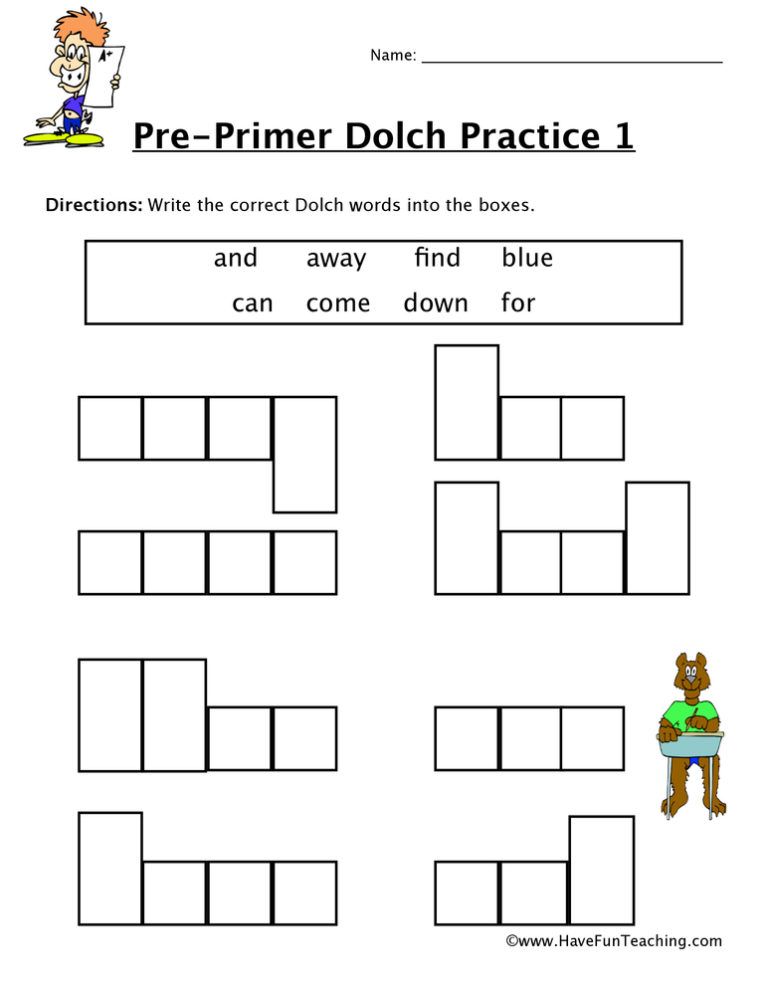 He sprinkles with unusual words, jokes, and even the manner of speaking can become completely different.
He sprinkles with unusual words, jokes, and even the manner of speaking can become completely different.
Every new person changes you. Therefore, strive to constantly expand the circle of your acquaintances. Chat at the gym, shop, go to more events, and connect online. Don't push away those who are different from you.
5. Carry a notebook with you
In it, do not hesitate to note interesting words that you come across and unwanted expressions that you notice in yourself. But just taking notes is not enough - review them regularly and draw conclusions.
6. Learn a foreign language
This will make you pay attention to your mother tongue. You will become more careful with grammar and syntax, you will begin to carefully select words.
In addition, while studying a foreign language, you are already practicing the mechanism of memorizing new words, as well as introducing them into the active vocabulary.
7. Write
Start a personal diary or blog on social networks.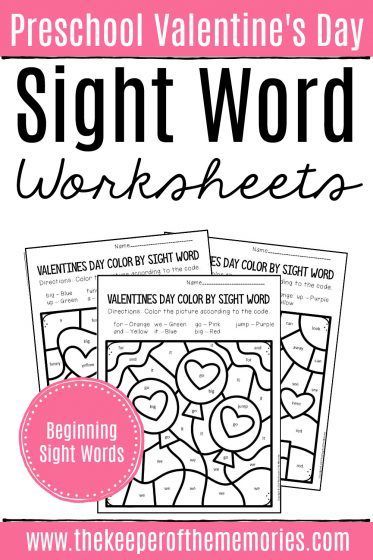 Every day, describe your thoughts and events in great detail. Write about your goals and desires, invent stories and stories. When chatting with friends, avoid broken messages and do not use emoji instead of words.
Every day, describe your thoughts and events in great detail. Write about your goals and desires, invent stories and stories. When chatting with friends, avoid broken messages and do not use emoji instead of words.
First, writing is a great way to apply and reinforce what you have learned. Secondly, if you write by hand, it will help you remember new words even better.
8. Memorize aphorisms, poems, quotes
It is much more pleasant to learn catchphrases that touched the soul than to memorize vocabulary items one by one. Mark and write down everything that is hooked. Learn, repeat and reread. Over time, there will be more interesting expressions in your vocabulary.
It's not just about embellishing speech. Imagine how great it will be to show off your knowledge in a conversation. Just do not be zealous with quotes and high-flown lines: you may be mistaken for an upstart.
9. Use flashcards
If you can't remember a very difficult and interesting word, use the flashcard method.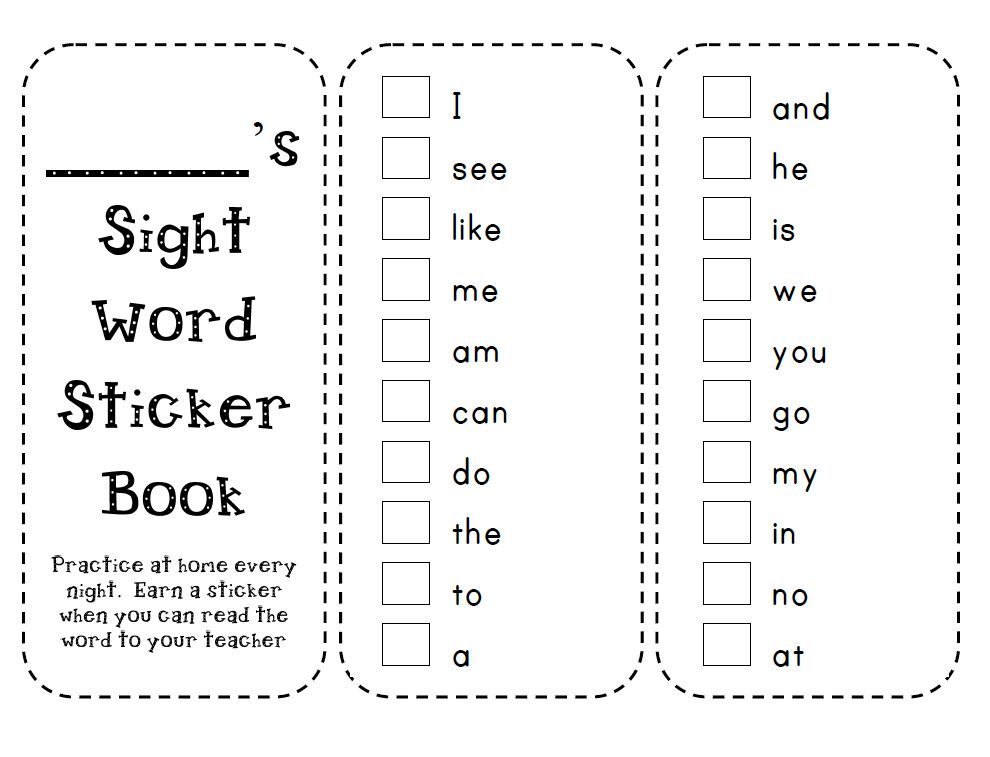 Many people know this method from school.
Many people know this method from school.
On one side of the card you write the word, on the other side you write its meaning. First you need to try to remember the answer yourself, and then turn the element over and check yourself.
This method is very simple and effective: the memorization process begins with preparation. Therefore, it is better not to use applications, but to create cards yourself and write on them by hand. Yes, and you can take a small pile with you anywhere.
10. Practice
- Make sentences where each word starts with the next letter of the alphabet. For example: “The stork was a great harmonica player. Even the raccoons howled plaintively and nodded their curious muzzles, enjoying the charming songs. That skill became fatal, fatal. The gloomy heron ambitiously threw poison at the frail, selfish youth.
- Make up stories from words that belong to the same part of speech. Describe your morning using only nouns.
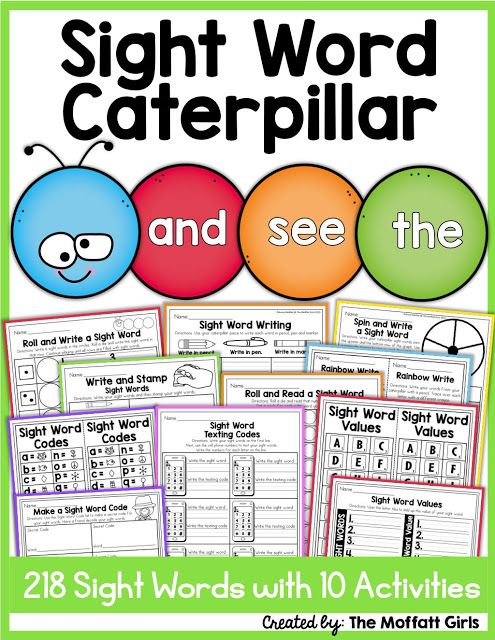 “Call, wake up, alarm clock, turn off. Rise, search, clothes. Approach, window, opening, freshness. Cheerfulness, inspiration, joy. By the same principle, make up stories with only verbs, adjectives or participles. This activity seems simple only at first: if you set yourself the goal of adding more and more details, you will have to learn how to carefully select words and pull them out of the passive vocabulary.
“Call, wake up, alarm clock, turn off. Rise, search, clothes. Approach, window, opening, freshness. Cheerfulness, inspiration, joy. By the same principle, make up stories with only verbs, adjectives or participles. This activity seems simple only at first: if you set yourself the goal of adding more and more details, you will have to learn how to carefully select words and pull them out of the passive vocabulary.
- Compose tautograms. This is the name of the sentences, all words of which begin with the same letter. Here is an example from Nikolai Kultyapov's Olgin Ostrov: Onuphry's father, Osip Ostromirovich Ordynsky, graduated from Oxford full-time. He unequivocally refused to remain far from the Fatherland, going back. The obsessed Ordynsky announced a survey of individual districts, regions, vast outskirts.
- Choose synonyms and antonyms for words. This exercise can be done anywhere and anytime. Bored in line or at lunch - come up with a synonym for the word.
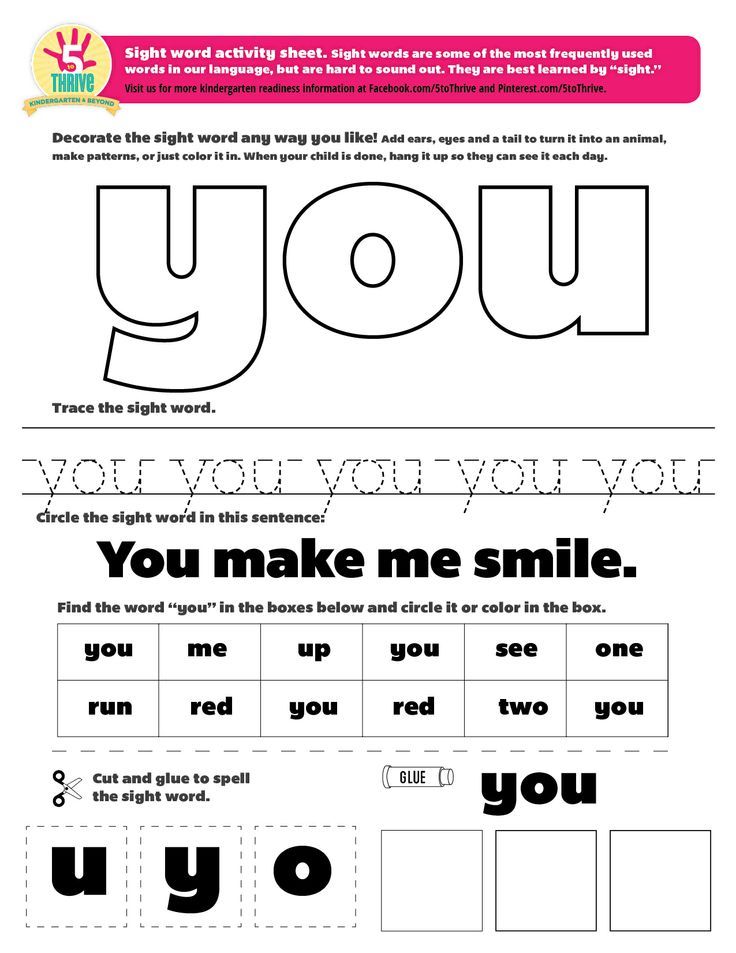 For example, “beautiful” is picturesque, wonderful, gratifying, beautiful, and so on. Do the same with antonyms.
For example, “beautiful” is picturesque, wonderful, gratifying, beautiful, and so on. Do the same with antonyms.
11. Play
You can learn new words while having fun. Solve puzzles, solve puzzles and crossword puzzles - it's practically a vacation. Apart from the hard work of the brain, of course.
12. Follow the "Word of the Day"
Install applications like "Word of the Day" on your smartphone, subscribe to relevant blogs and mailing lists. As a rule, in such headings, complex and unusual lexemes are presented with an explanation and an example of use.
This will help if you can't find the time to look up new interesting words and their meanings. All you have to do is learn them and put them into practice.
Read also 🧐
- How to change your speech to sound more confident
- 20 words that even literate people spell wrong
- 10 expressions that have no place in your vocabulary
15 ways How to quickly increase vocabulary
The brain is a " hard drive " on which information is recorded in the form of images and symbols.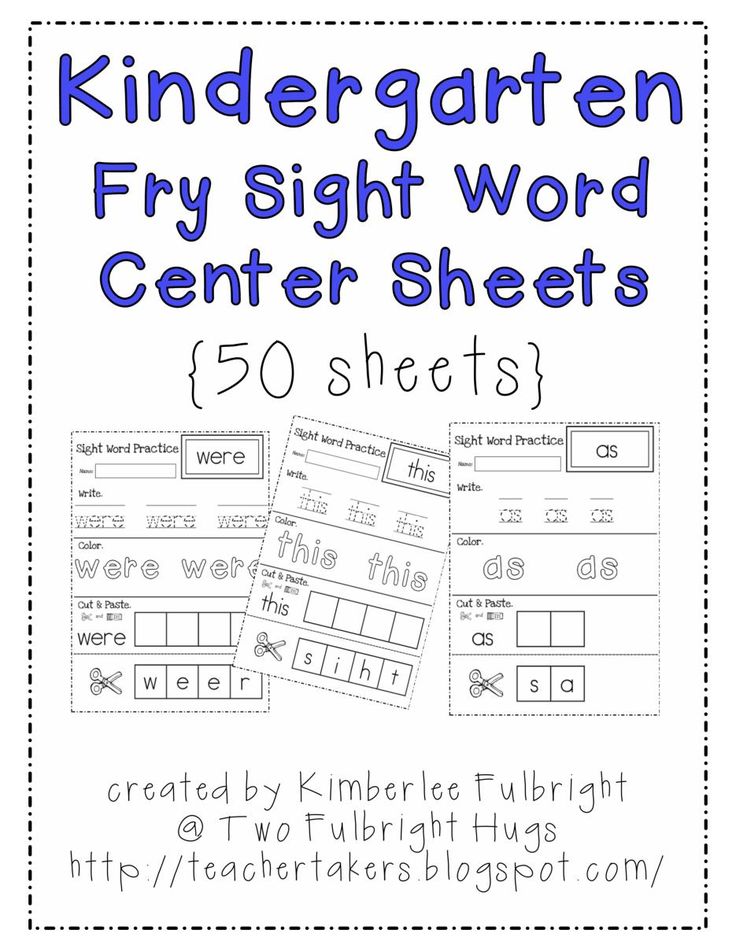 Assuming that you can watch the recorded material like a movie, it will take about 200 years old . A person unconsciously remembers the words seen or heard. Part of the information is stored in the form of passive vocabulary.
Assuming that you can watch the recorded material like a movie, it will take about 200 years old . A person unconsciously remembers the words seen or heard. Part of the information is stored in the form of passive vocabulary.
But often a person is faced with a situation where there are not enough words to fully convey his thought. This makes it difficult to create a full-fledged contact with an interlocutor, a loved one, a business partner. The ability to find the right words is a valuable skill that significantly improves the quality of life. Below you will find ways to increase your vocabulary in a minimal amount of time.
- The article was written jointly with Daria Malanina.
Facts about a person's vocabulary
At the time of leaving school, an adult knows 51 thousand words . During the training, the vocabulary becomes more than by 2.5 times . After graduation and before middle age, a person learns about 3 new words a day.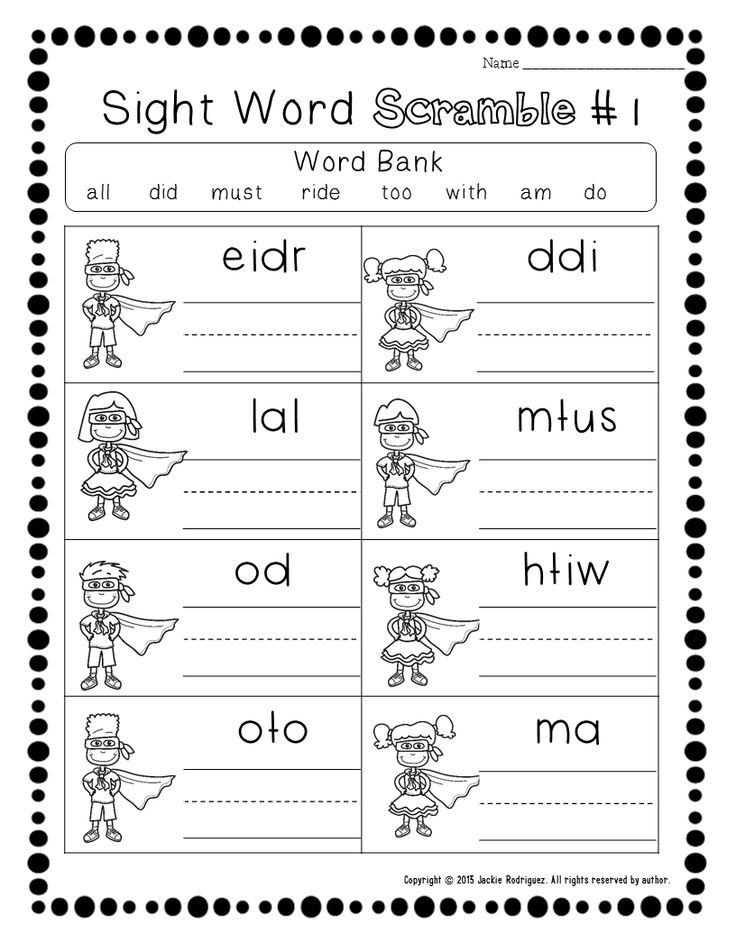
Neurolinguists believe that the saturation of the passive vocabulary depends not only on age, but also on the level of education.
For people with a secondary specialized education, this moment comes around 43 years old, for those with a higher education - at 51 years old, for candidates and doctors of sciences - at 54.
People who have graduated from school know 2-3 thousand words more than those who who has no secondary education. The vocabulary of a person with secondary specialized education is 75 thousand words . Respondents with university experience know about 86 thousand words . People with advanced degrees know 5,000 more words.
- The data obtained are conditional, since there is a significant scatter within each group.
In addition to age and level of education, there are other factors that influence the formation of vocabulary. This is a way of life, professional environment, hobbies, reading.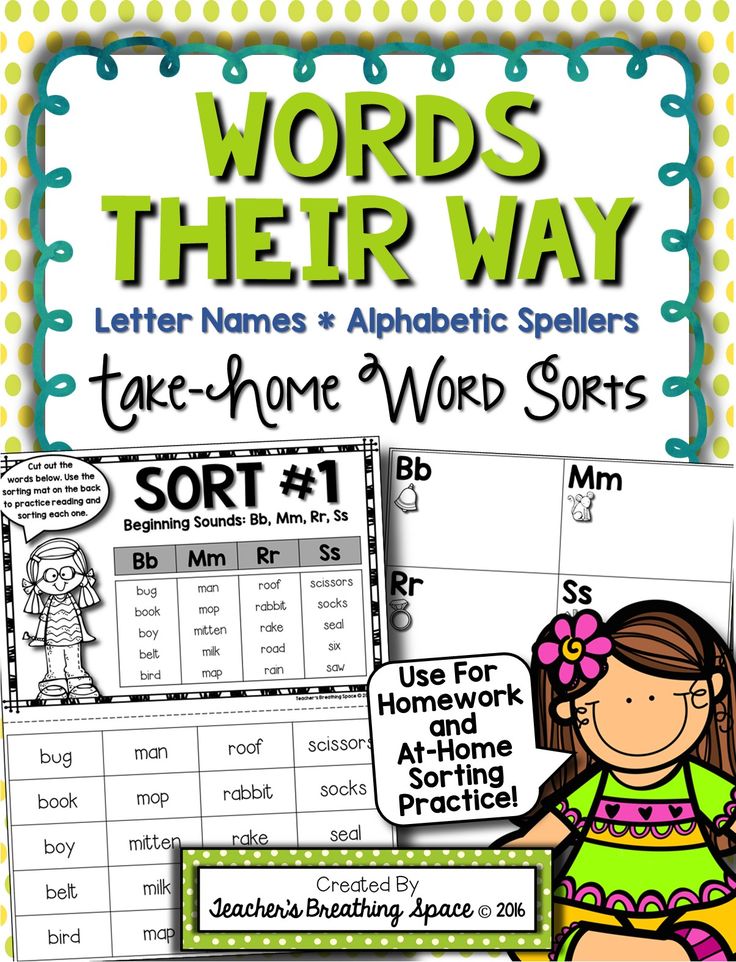
How to Increase Vocabulary - Effective Ways
In those moments when it is necessary to make a good impression, the question is especially acute: “How to increase vocabulary in communication?” To expand the active vocabulary, you need to perform simple exercises and techniques, as well as follow the advice of professionals.
How to develop vocabulary:
Method #1. Synonyms
How to quickly increase your vocabulary with the help of synonyms: identify your parasitic words and try to think of synonyms for these words.
For example, you often use the word " pancake ". Usually this word means discontent, indignation. It can be replaced with words such as "outrageous", "I am amazed", "I am deeply indignant", "damn it" (more cultural and literary, but at the same time emotional expression), "disgusting", "disgusting" and so on. Further.
Method #2: Retell
Traditionally, people read very little now, much less than they used to. This is not entirely true: according to research, a modern person receives information in text format in a day about the same amount as a person in the 19th century received in a week. Simply because then there were only newspapers, and today there are hundreds of resources where we get information precisely with the help of text.
This is not entirely true: according to research, a modern person receives information in text format in a day about the same amount as a person in the 19th century received in a week. Simply because then there were only newspapers, and today there are hundreds of resources where we get information precisely with the help of text.
But the skills of voicing this information are rapidly lost, because people spend much more time communicating through text.
In order to improve vocabulary, it is important not only to know the words, but also to be able to use them. Retelling helps with this, because when you retell or tell something, you are forced to speak for a long time, build coherent sentences, and ensure that your interlocutor understands and, preferably, becomes interested.
Method #3: Read more
Below you will see books that improve speech and vocabulary, and now let's talk briefly about how the book increases vocabulary. The fact is that when you read, you, without noticing it, will learn a lot of new words.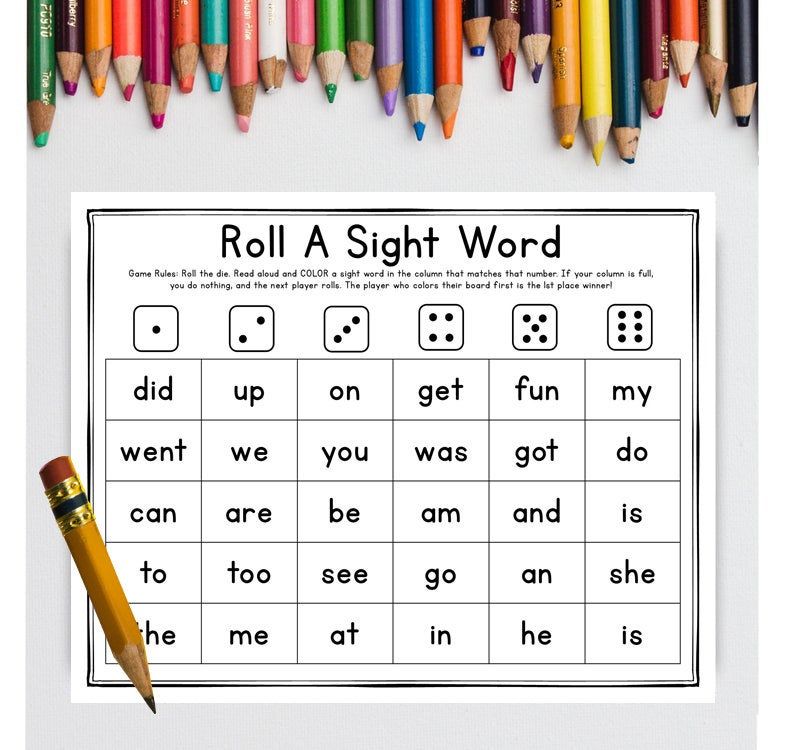 Moreover, you will learn not only words, but also the context in which they are used, the emotional coloring they carry.
Moreover, you will learn not only words, but also the context in which they are used, the emotional coloring they carry.
This is much more valuable information than just knowing what a complex term means. Knowing the context, you can, for example, even without fully understanding the meaning of a word, intuitively understand what emotional charge it carries, or at least what area it belongs to.
Knowing the context, it is much easier for your brain to memorize words and then use them organically and correctly, appropriately. Therefore, books for increasing vocabulary and vocabulary are an indispensable tool.
Method #4: Read aloud
This is very useful: not only do you learn new words and the context of their use, but also learn how to pronounce them, use them, learn how to properly distribute the load on your breathing and speech apparatus in order to speak in long, graceful sentences, and this is a useful skill when it comes to how you can expand the vocabulary of the Russian language.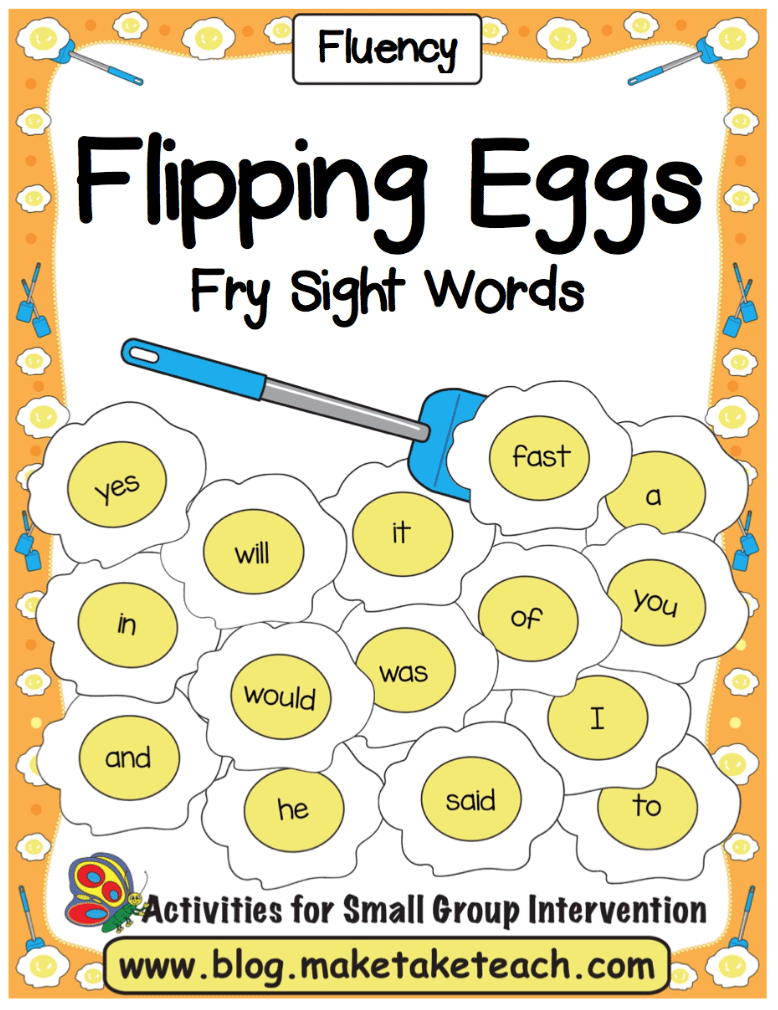
Method #5: Listen to audiobooks, lectures, and podcasts
There are times when you don't have time to read. It's okay: try listening to audiobooks, that's helpful too. For example, on the road, after work, while cleaning. Listening to an audiobook, you absorb the correct, beautiful, staged speech of the announcer. To make such listening more useful - do not turn them on in the background, but listen carefully, thoughtfully.
Method #6: Communicate
It is advisable to argue your point of view with smart people who tend to speak in long sentences. Plus, when you listen to someone else's speech, you absorb it, just as you absorb information from books.
Method #7: Learn a foreign language
You can say: what does a foreign language have to do with how to increase vocabulary in Russian.
A foreign language is a whole set of exercises for your brain, like a full-fledged workout in the gym for the body. The brain works at full capacity, actively building neural connections, associative chains, working to remember new words, speech structures, rules.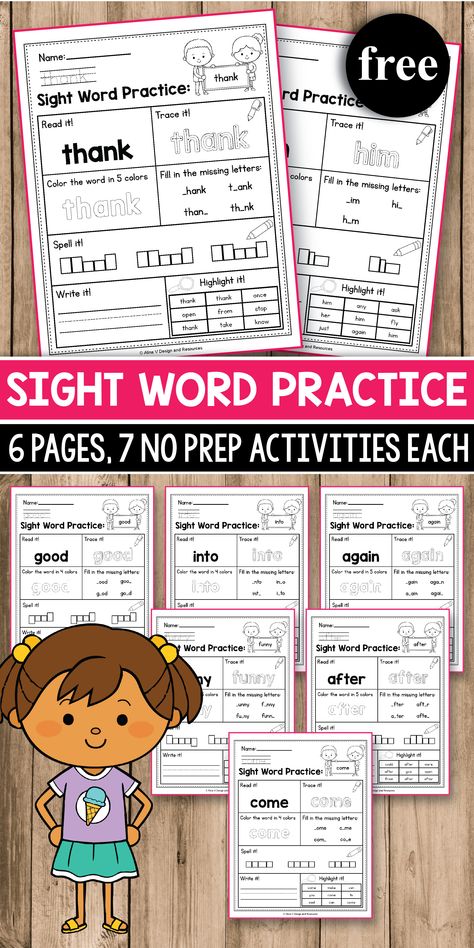
And all these skills are very necessary in order to speak beautifully, gracefully, quickly find the right word, build long sentences, think and formulate words at the same time.
No wonder learning a foreign language is even recommended to slow down the process of brain aging and dementia.
Method #8: Word games
This refers to a variety of: crossword puzzles, “collect as many words as possible from a set of letters”, “take a long word and collect as many small words as possible from the letters that make it up”, “compose a story from words with one letter”, “remember as many words as possible for one letter (part of speech, from one category)”, “remember as many synonyms as possible”.
Such games, firstly, are a good training for the brain, help to make it more flexible, help to think faster. If you try to play such games, you will notice how quickly you get tired of them - because this is a big load on the brain.
Secondly, crossword puzzles and other games where you need to guess words train your memory, because you need to understand what is being said from the description and remember the right word.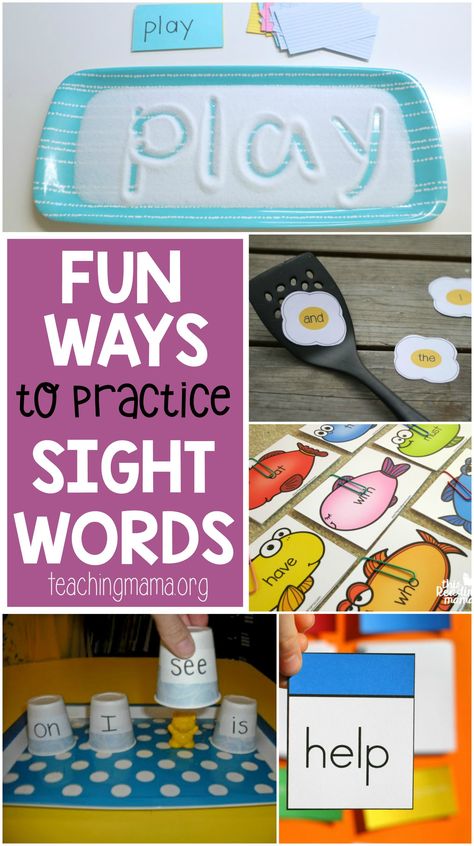
Outwardly, these skills do not directly affect vocabulary in any way, but they are actively used in speech (for example, you must have had cases when you understand what you want to say, but you can’t remember the right term), because the ultimate goal of your desire increasing vocabulary is not just knowing a certain number of words, but applying them to speak beautifully and convincingly.
Method #9: Expand your vocabulary
For example, figure out what all these genders, abuses, harassments, simps, crashes, stans and everything else mean.
Or understand the professional jargon of a profession. This expands the vocabulary, you mechanically learn more new words, and now you will not get lost if you immerse yourself in the context where these words are actively used.
Plus, in principle, it broadens one's horizons, and this, in turn, increases the flexibility of thinking.
- Gender — social construct, “what gender a person perceives himself to be”
- Abuse — psychological abuse that often escalates into physical, usually in the context of romantic relationships;
- Harassment - harassment at work, usually with abuse of power and position;
- Simp - fan, admirer of something or someone;
- Crush - beloved;
- Stan - fan, stanit - admire
Tip #10: Learn or recite poetry out loud
Why do it: firstly, it improves memory, which means you will quickly remember and pick up a forgotten word in a conversation.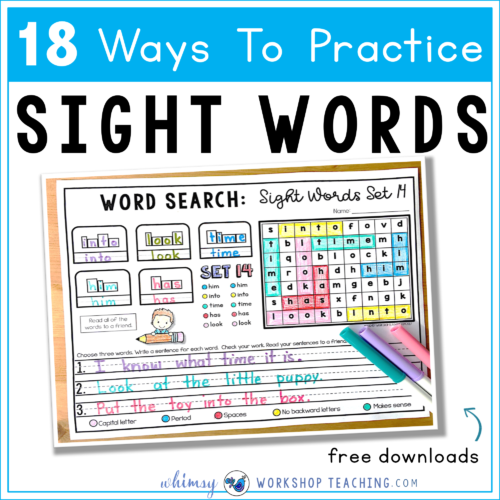 Secondly, it expands vocabulary - many unusual, elegant, precise expressions and words are used in poetry.
Secondly, it expands vocabulary - many unusual, elegant, precise expressions and words are used in poetry.
Method #11: Record your speech
For example, turn on the voice recorder and retell the last movie you watched. After a certain amount of time, listen to the recording, fixing your attention on the shortcomings that you need to correct, and start monitoring this.
You can ask your loved ones to pay attention to this too.
Method #12: Look in the dictionary
We met an unfamiliar word - do not be too lazy to find out its meaning, you can even write it down to remember.
Method #13: Use applications
For example, there is the Word of the Day application and similar ones. In it, every day you will be given a new interesting word, its meaning and the context in which the word is used. An easy way to expand your vocabulary without spending too much time.
There are mobile and web resources for boosting vocabulary, which you can use at any time, for example, on your way to work.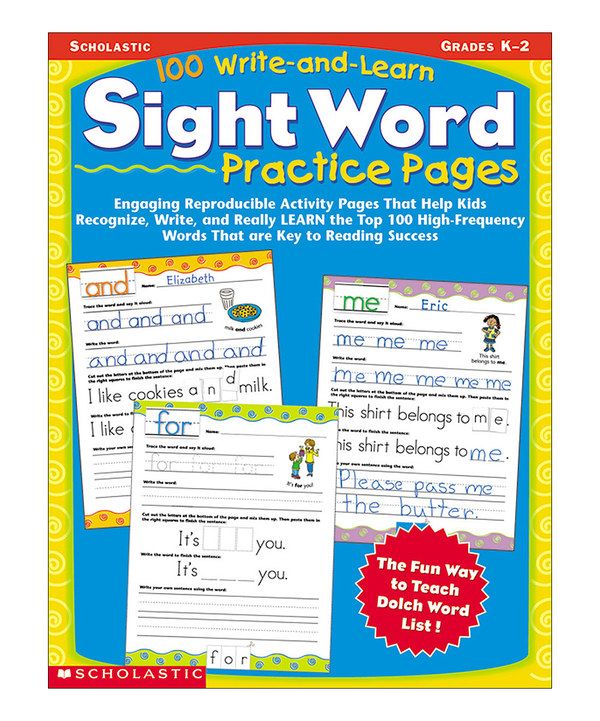
Method #14: Speed
The essence of the exercise: name all the objects around you that you see as quickly as possible. You will be surprised, but very quickly the brain will start to slow down, and you will hardly remember even the simplest words like “table”, “garland”, “blanket”. But, if you get used to such an exercise, then it will be easier for you to remember the word in a conversation, and it will be more difficult to make you get confused.
Option #15: Become a journalist
For example, start posting on your social media, sharing your thoughts, talking about the books and movies you've read. As a rule, the richness of oral and written speech is closely related, so if you learn to express thoughts in writing in a coherent, beautiful way and with a large number of synonyms, this will positively affect the skill of oral speech (and vice versa).
Which books are better to read to develop vocabulary
The best way to enrich your vocabulary is to read a lot.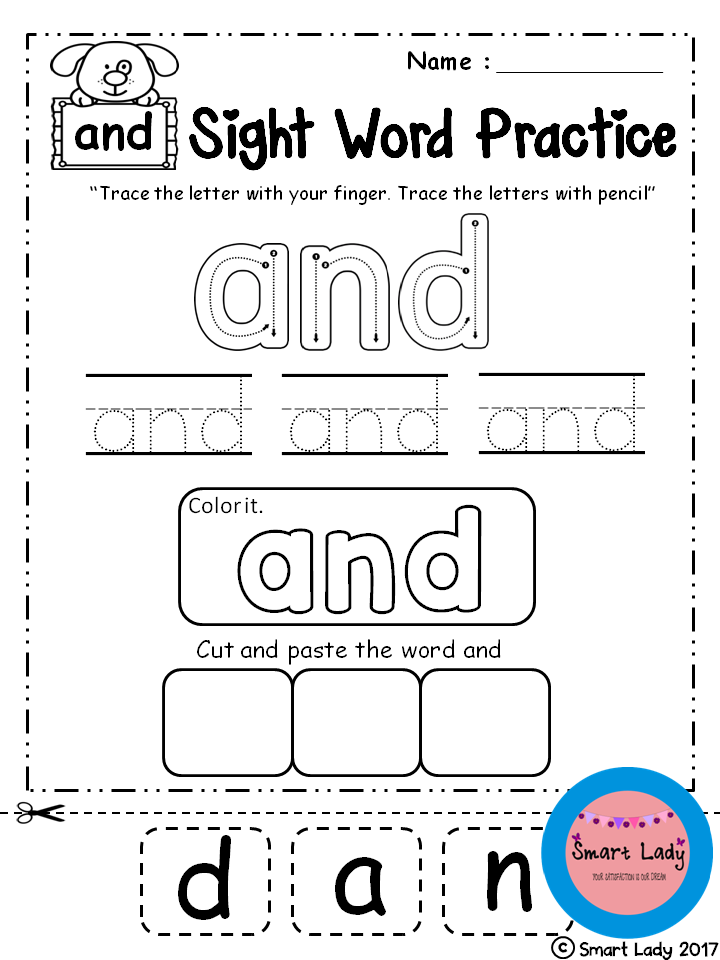 Moreover, literature should be diverse in style. How does a book increase vocabulary? When a person reads, unfamiliar buzzwords are stored in memory, although they may never be used. Among other things, this activity significantly improves literacy.
Moreover, literature should be diverse in style. How does a book increase vocabulary? When a person reads, unfamiliar buzzwords are stored in memory, although they may never be used. Among other things, this activity significantly improves literacy.
"The Book of Good Speech" Golub IB, Rozental DE
Work is useful for those who seek to enrich their speech. Using examples from the works of famous writers, the authors talk about stylistic techniques to enhance the emotionality and expressiveness of the language.
"Phraseology of the modern Russian language" Shansky N.M.
The work is intended to a greater extent for people interested in linguistics, but it may be of interest to those who have just embarked on the path of studying the great and mighty. The author reveals the meaning of well-known phraseological units, talks about the history of their appearance. Learning idioms is a good way to enrich vocabulary.
"The Russian language is on the verge of a nervous breakdown" Maxim Krongauz
The author analyzes the changes that have taken place with the language in connection with the advent of the Internet and mass media. Mass media significantly simplify and impoverish speech. The main idea of the book is not to be content with the volume of the dictionary that is offered to us.
Mass media significantly simplify and impoverish speech. The main idea of the book is not to be content with the volume of the dictionary that is offered to us.
"Word about words" Lev Uspensky
The author talks in an entertaining way about the problems of purity and literacy of the language. The book was written more than half a century ago, but has not lost its relevance to this day.
"Word about words" Korney Chukovsky
The book is interesting for those who follow the purity of their own speech and strive to enrich it. The Word about Words is a collection of articles about language. Chukovsky talks about borrowed words, nuances of word usage, speech errors, clericalism. The author believed that Russian speech is rich and original and does not need foreign words.
"Word alive and dead" Nora Gal
The work is more focused on translators, linguists, philologists. The author talks about the mistakes of using foreign words, and how to do without them, using analogues of the native language.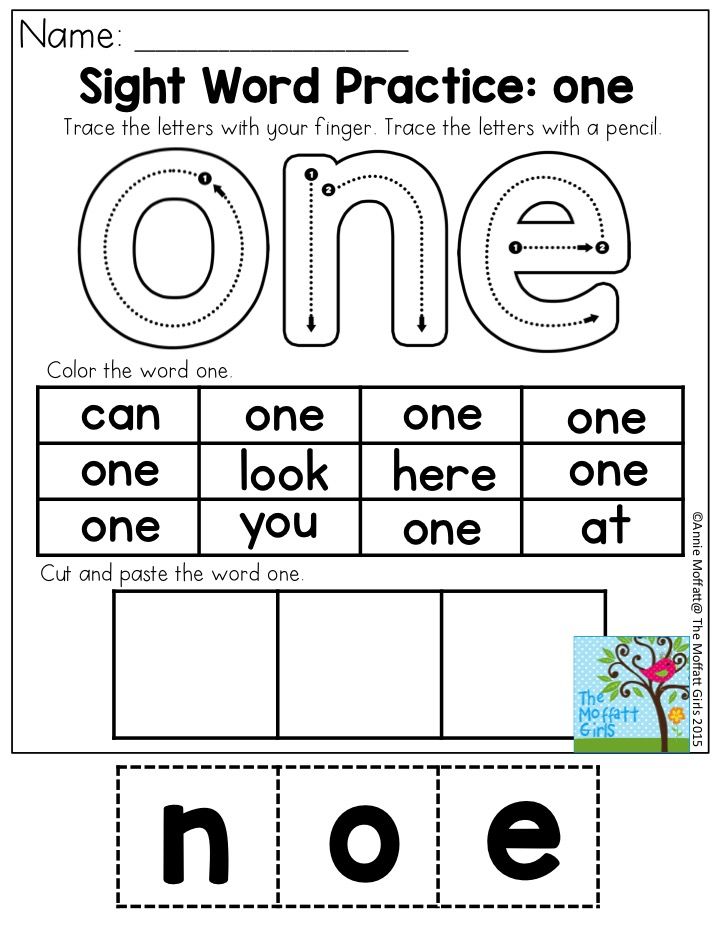
“Speech development manual. 1000 Russian tongue twisters for speech development Elena Lapteva
The book for increasing vocabulary and lexicon contains exercises, a list of interesting tongue twisters and rare words, as well as techniques for working with the material. The material is useful for those who seek to improve the quality of speech.
“Speech is like a sword. How to speak Russian correctly Tatyana Hartman
The author analyzes the most common mistakes in colloquial speech, explains the rules in a popular language, and gives recommendations.
"From Adam's apple to the apple of discord" Vadim Khrappa
The book tells about the origin of words and phraseological units in the form of notes, gives examples of their correct and appropriate use.
“Russian language. A new word from @novoeslovo” Pavel Sotnikov
The author reveals the meaning of little-known words. The book is in the form of short notes. Design deserves special praise.
The Art of Reading. How to understand books» Thomas Foster
The author offers a new, non-trivial approach to reading and understanding the material. "Memories, symbols, parallels - that's what separates the professional reader from the amateur," notes Foster. It encourages the reader to learn a new reading model based on associations.
The adoption of a different model of reading books will help to better remember information, which will now be based on associative thinking and related to the lived experience.
Domestic fiction
Universal advice - read the classics: Tolstoy, Chekhov, Dostoevsky, Bulgakov, Gogol. The works of A.S. Pushkin, especially fairy tales.
Foreign Literature
To enrich the dictionary it is useful to read the works of About Henry, Honore de Balzac, Jules Verne, Arthur Conan Doyle, Ray Bradbury, Erich Maria Remarque, Gabriel Garcia Marquez, Jack London.
Poems
Not everyone likes poetry, but if there is a craving for this type of literary art, you should pay attention to the poems of Yesenin, Pushkin, Lermontov, Mayakovsky, Akhmatova, Pasternak, Mandelstam, Vysotsky, Okudzhava.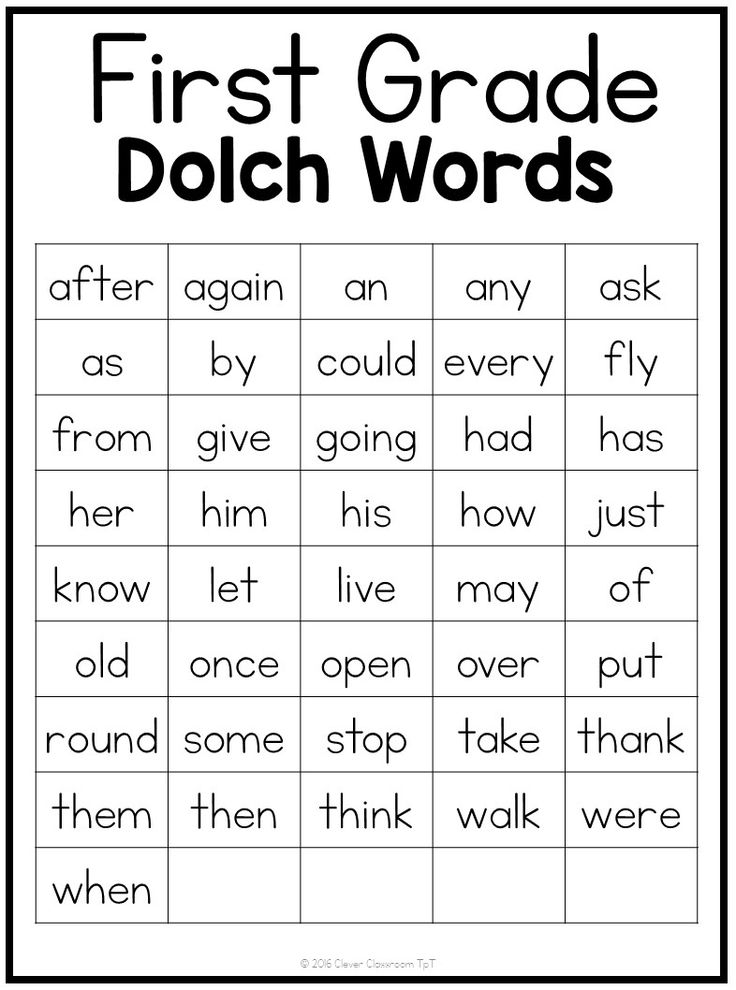 An interesting and lively language in the works of children's authors - Agniya Barto, Samuil Marshak, Korney Chukovsky, Boris Zakhoder, Daniil Kharms. Recitation of verses will increase the active vocabulary.
An interesting and lively language in the works of children's authors - Agniya Barto, Samuil Marshak, Korney Chukovsky, Boris Zakhoder, Daniil Kharms. Recitation of verses will increase the active vocabulary.
Scientific literature
These are not boring articles, but lively and colorful descriptions of research and discoveries. Interesting material recommended for reading:
- "The Selfish Gene" R. Dawkins;
- "The Whole Truth About Lies" by D. Ariely;
- "Physics of the Impossible" M. Kaku;
- "Three books about space and time" S. Hawking;
- "Escape from freedom" E. Fromm;
- The Sovereign by N. Machiavelli.
It is important not just to read, but to work with the material, for example, solve crossword puzzles based on literary works, take notes, outline what you have read. It is useful to write down the expressions and words you like in a notebook.
Plan how to quickly increase vocabulary
Here are a few steps on the way to figurative and rich speech:
- Get rid of all unnecessary (parasite words).
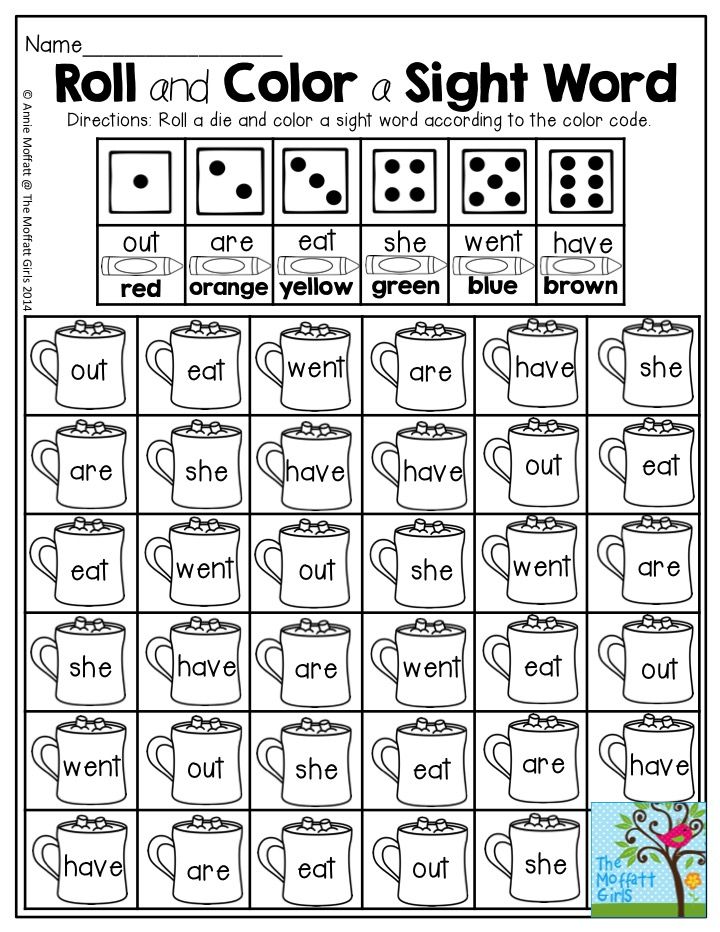
- Spend at least 10 minutes every day writing. It is necessary to leave impressions of events on paper, using as many new words as possible.
- Make 5 cards daily with terms and definitions.
- Read 20 minutes a day 3-5 articles a week, make notes of new material in a notebook.
- Buy or download several books of different genres and authors, so that if you get tired of one book, you can immediately switch to another.
- Set aside twenty to thirty minutes for reading every day. If you want to read on, don't hold back.
- Listen to audio books on the way to work.
- Get in the habit once a week (or more often, depending on your ability, but it is advisable to do it regularly) to write a post on a social network or a note for yourself. What the note will be about is not important, the main thing is to train the skill of formulating thoughts and choosing words.
- Download apps to help you learn new words: Word of the Day, a dictionary app, an app with games where you have to make words.
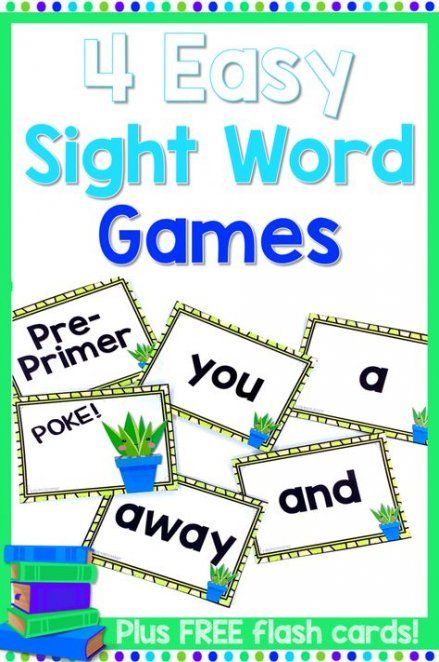
- Once a week, memorize an excerpt from a poem or prose.
Do not treat vocabulary replenishment as a super task. This will only complicate the process of mastering new words. Better take it as a game.
Advice from psychologists
The rate of expansion of vocabulary depends on the amount of memory concentration. The development of mental processes should be given separate time.
Tips for increasing your adult conversational vocabulary:
- Tip #1 : Decide ahead of time why you need to expand your vocabulary. This will determine the choice of books and other content that you will need to surround yourself with in order to learn more new words.
- Tip #2 : Feel free to ask the meaning of new words if you don't know them, and openly say that you can't find the right word. This puts the interlocutors to you much more than parasitic words or "mmm ... uh uh ..." to fill a pause.
- Tip #3 : Much of the work of expanding vocabulary is consuming content, mastering new words and speech patterns.
